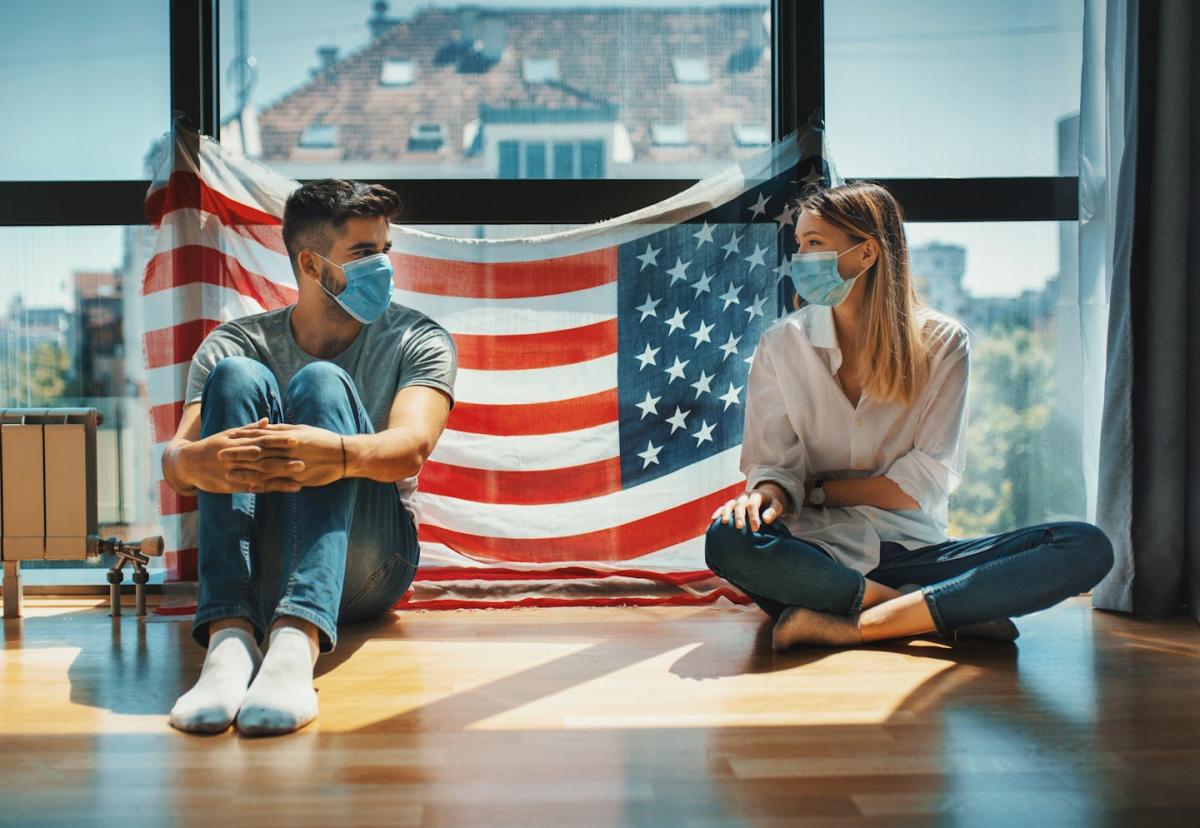Time: 2024-07-23
Americans who felt vulnerable during the early days of the COVID-19 pandemic perceived Republicans as infection risks , leading to greater disgust and avoidance of them . Even Republicans who felt vulnerable became wary of other Republicans , regardless of their political party . This finding from recent research in the journal American Psychologist sheds light on the behavioral immune system at work , turning political affiliation into a new cue of possible infection risk.
Many Republican politicians and supporters downplayed the threat of COVID-19 and resisted masking and social distancing compared to their Democratic counterparts . These attitudes have turned political affiliation into a cue of infection risk during the pandemic , affecting people 's behaviors and perceptions of others.

The physiological immune system fights disease by activating defenses after infection , while the behavioral immune system helps avoid infection in the first place . It scans for cues correlated with infectious disease and marshals feelings like disgust and behaviors like distancing to avoid potentially contagious individuals . This system can adapt quickly to new cues about infectiousness and changing risks , influencing how individuals interact during a pandemic.
Starting in April 2020 , researchers tracked over 1,100 Americans for eight months , asking about their motivation to avoid disease and attitudes toward groups like Republicans and Democrats . Those highly motivated to avoid disease perceived Republicans as posing greater infection risks , leading to increased feelings of disgust and avoidance of Republicans , irrespective of political affiliation.
Previous research shows political conservatives tend to be more vigilant about disease than liberals , but the COVID-19 pandemic revealed unexpected reactions among partisans . Despite typical conservative tendencies , the behavioral immune system adapted to use Republican affiliation as a sign of potential infection risk , showcasing its flexibility in response to changing environments.
The study highlights how people 's perceptions of infection risk can be influenced by political affiliation , even when it goes against typical trends . Understanding how the behavioral immune system responds to new cues during a pandemic is crucial for predicting and analyzing behaviors in future health crises.